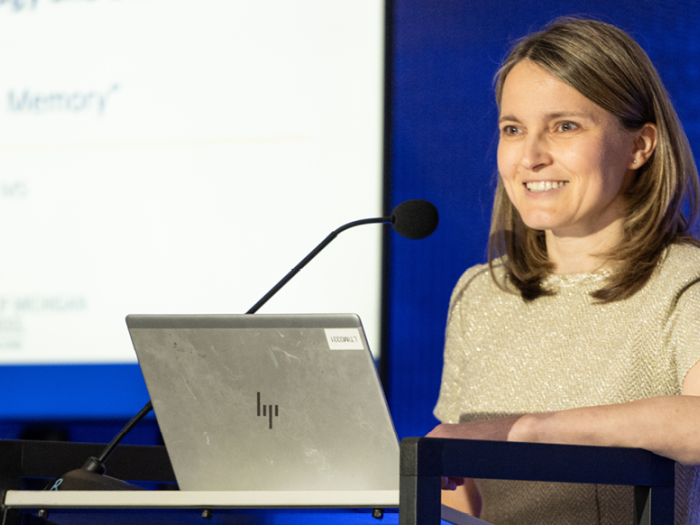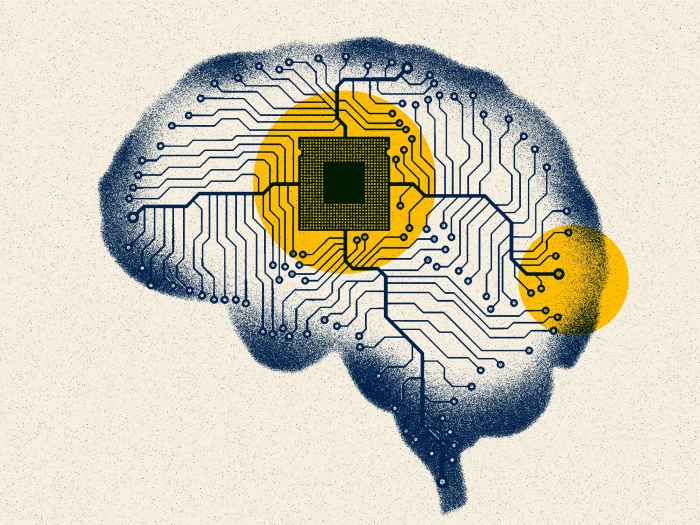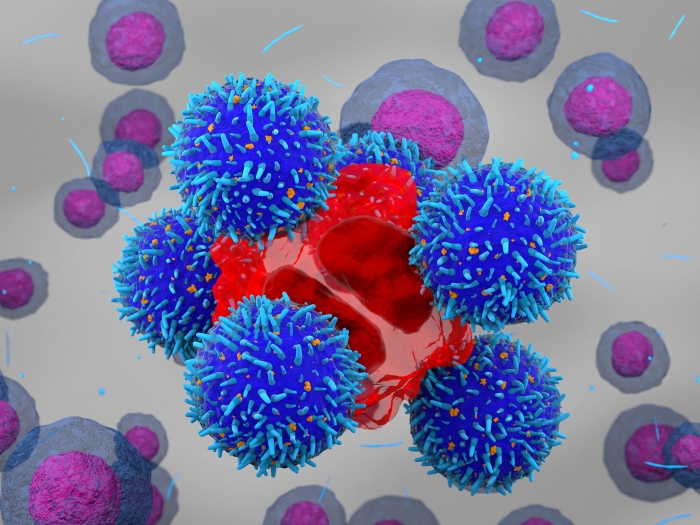While artificial intelligence (AI) has been making the latest headlines with ChatGPT –the viral chat bot that seems to have an answer for everything– AI has been developed for several decades and has progressively integrated our daily lives, including in medicine. At the University of Michigan, Department of Computational Medicine and Bioinformatics, we talked with Dr. Kayvan Najarian who develops AI technology for medical applications in partnerships with experts from different fields.
AI for Image Analysis in Pathology
Clinicians already routinely use AI to analyze patient data including biomedical images. For example, with colonoscopies, AI can quickly review thousands of frames to screen for ulcers, bleeding, etc., and can inform the physician of the severity and type of issue. The Najarian lab created an algorithm that learns from colonoscopy videos diagnosed by physicians while expanding its learning as it is being used. The more the algorithm is used, the more accurate and efficient it gets! Still, the role of clinicians remains crucial to confirm the AI diagnosis and communicate it with the patient. This innovative technology has been licensed to a private company that aims at implementing it as a software solution.
“Physicians are very pleased with such a technology that is more quantitative in their assessments and faster than any human can be. They can focus on the video frames that present a pathology and they have more time to be at the patient’s side,” said Najarian.
AI for Emergency Medicine
The Najarian lab is also partnering with emergency physicians on diagnosis of traumatic brain injury, when time can be crucial to health outcomes. The lab developed a family of AI methods to analyze CT-scans to spot the presence and quantitative measurement of hematoma or midline shift in the brain. This AI technology is fast to locate areas that look damaged. A physician then confirms a diagnosis and can make surgical recommendations based on the quantitative assessments made by the AI.
AI for Cardiology: an Algorithm for Heart Arrhythmia
In partnership with Toyota, Dr. Najarian is developing a mathematical algorithm that analyzes cardiac signals and predicts an adverse cardiac event. The AI algorithm is trained against the driver and passengers’ medical records and can be installed in cars. Electrodes are placed on the driver’s chest to record the electrocardiogram (ECG) signals, which are sent to a computer that analyzes the data to deliver life-saving warnings while on the road.
As computational capabilities get faster, massive, and more affordable, AI technology is quickly expanding, finding many applications that were unthinkable only a few years ago. The Najarian Lab is moving us into the future with the creative use of AI.
Dr. Kayvan Najarian is a University of Michigan professor of Computational Medicine and Bioinformatics, professor of Emergency Medicine and professor of Electrical Engineering and Computer Science.

Professor





